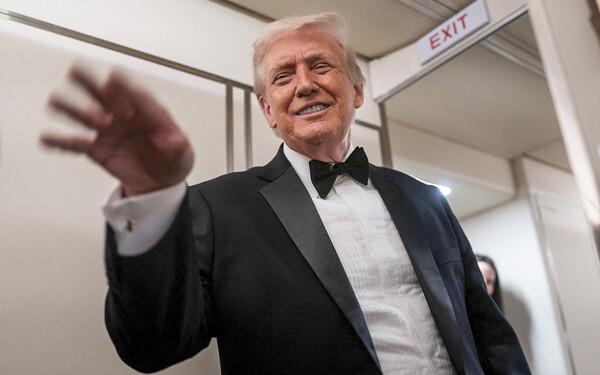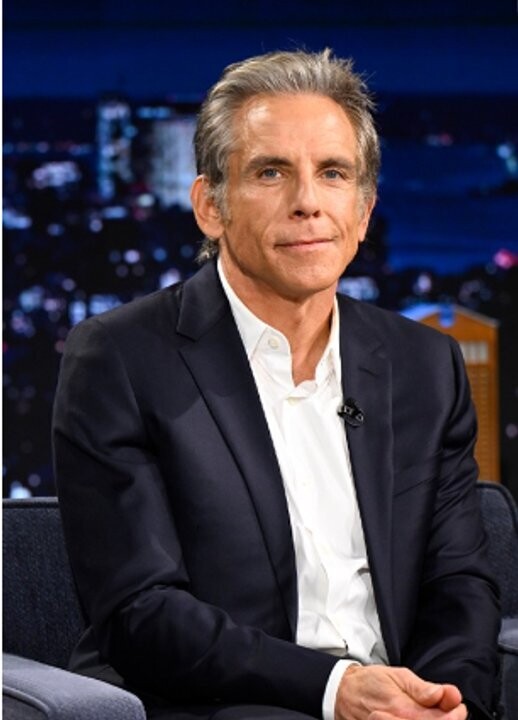
Today, Donald Trump assumes the presidency of the United States and initiates a plan for mass deportation. On the eve of his return to office, the head of government of Mexico, Claudia Sheinbaum, defends the independence and sovereignty of the country.
Trump plans to impose tariffs of up to 25 percent on Mexico and Canada starting February 1, aiming to curb fentanyl trafficking and illegal immigration to the United States. The U.S. president intends to review trade relations with several countries, including China, Canada, and Mexico, without ruling out the application of tariffs.
In an executive order, Trump classifies Mexican cartels, the criminal group Tren de Aragua, and the Salvadoran gang MS-13 as terrorist organizations, which could lead to actions against these entities in Mexican territory. Additionally, Trump announces the deportation of those considered members of Tren de Aragua.
Trump began his term by signing several executive orders, including tariffs on Mexico and Canada, and the classification of Mexican cartels as terrorists. This second day in the U.S. presidency will include a national prayer service in the work agenda.
Trump's decisions have caused uncertainty in the markets and concern over their effects on the exchange rate and economic growth. His firm stance against Mexican drug cartels and other criminal organizations hints at possible tensions in the bilateral relationship with Mexico.














